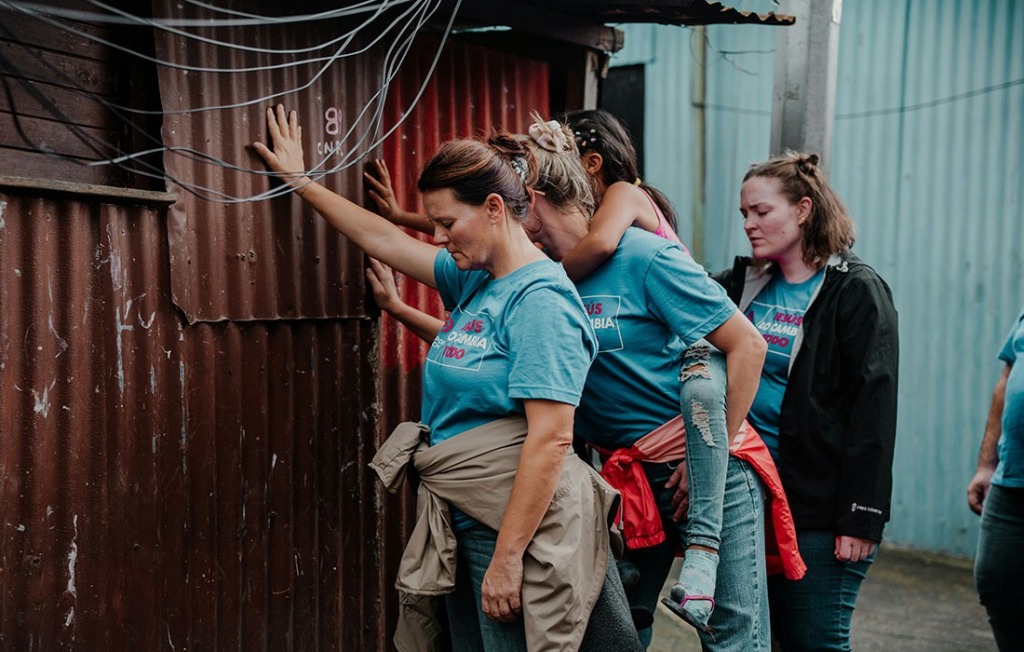Short-term mission trips have become a hallmark of church life. Every summer, teams of students and church members board planes bound for far-off places, ready to make a lasting impact in places they have never been.
These trips often leave participants deeply moved — many even describe them as life-changing. But here’s the hard question: are they life-changing for the people we go to serve, or mostly for us?
The reality is that while short-term missions bring bursts of energy and compassion, they rarely produce long-term change for the communities that receive the help. Ministry, after all, is not built on one-week experiences but on consistency, relationships and local leadership.
Scripture reminds us of this in Matthew 9:37. Jesus said, “The harvest is plentiful, but the laborers are few.” His words were not a call for one-time visits but for faithful workers who stay, invest and disciple over time. In the same way, lasting transformation in healthcare, education or community life doesn’t come from quick projects — it comes from sustained presence.
For starters, short-term mission trips tend to be very expensive. According to Lifeway research, some churches spend more on a one-week trip than the annual support for a missionary family or national pastors.
Matthew 25:14-30 tells us that stewardship is about using resources wisely for God’s Kingdom. This begs the question: are we always being faithful with the funds entrusted to us?
As well as balancing funds, balancing relationships is also an important part of any mission trip.
“Vulnerable people or those in distress are far more likely to be receptive to help and care if it’s provided by a familiar face, it helps create a more comfortable environment for everyone and can make volunteer and workers’ life and job easier,” according to Diversitytravel.com.
This is why Paul’s model of missions in the New Testament is so instructive. Paul rarely stayed in one place for just a week. He invested months or even years planting churches, training leaders and returning to encourage them.
In Acts 15:36, Paul says, “Let us return and visit the brothers in every city where we proclaimed the word of the Lord, and see how they are.” Paul’s ministry was relational, sustained and rooted in partnership. In contrast, short-term mission trips often lack the time and structure needed to build that kind of foundation.
Perhaps the greatest value of short-term missions is not in what they build overseas, but in how they build us. A study of Catholic medical missions to Mexico found participants who reported lasting increases in their private religious activities, felt closer to God and were more likely to help in their own communities.
Similarly, medical residents who served abroad reported greater cultural competency and adaptability. These outcomes echo Paul’s reminder in Philippians 2:3-7 that when we serve others, God shapes our hearts in the process: “Do nothing from selfish ambition or conceit, but in humility count others more significant than yourselves. Let each of you look not only to his own interests, but also to the interests of others. Have this mind among yourselves, which is yours in Christ Jesus, who, though he was in the form of God, did not count equality with God a thing to be grasped, but emptied himself, by taking the form of a servant, being born in the likeness of men.”
Short-term mission trips may not always transform communities, but they often transform participants. Perhaps the personal transformation that leads to deeper faith, wiser stewardship and greater commitment to long-term ministry is the impact needed.
Each trip should be centered on partnership with local leaders, cultural humility and faithful stewardship. When our trips support — rather than overshadow — the work already happening on the ground, they can become a blessing rather than a burden.
Short-term mission trips change the missionary more than the mission field. If we embrace them for what they are, and commit to pairing them with long-term local ministry, then perhaps they can be part of God’s bigger story of lasting transformation.
Clardy is an intern for the Liberty Champion.
